'We applaud the patriotic sentiments which guided this, our two compatriots' bold project, carried out so skilfully and successfully… But in congratulating Messrs Saulnier and Lelorrain on having, so carefully, transported the circular zodiac of Dendera from the banks of the Nile to those of the Seine, and not the Thames, we cannot, however, refrain from expressing a certain regret that this magnificent temple has been deprived of one of its finest monuments… Should we, in France, follow the example of Lord Elgin? Certainly not.'
Translated by, and reproduced by courtesy of, Toby Wilkinson, author of 'World Beneath the Sands. The Golden Age of Egyptology' (2020), p. 43
Explanatory footnote: Jean-Francois Champollion was the - proudly - French decipherer of Egyptian hieroglyphs, based on his reading of the trilingual Rosetta Stone (found in Egypt, disputed between the British and the French, transported to the BM in 1802, just when Elgin's cohorts were doing their worst on the Acropolis). Like Elgin, he was caught up in the Anglo-French hostilities of the early 19th century, but unlike Elgin he disapproved of denuding and despoiling ancient temples for the benefit of colonialist-imperialist museums such as the Louvre or the British Museum. This letter was written 18 months after the Greeks declared independence from the Ottoman Turks, after an occupation of some 37 decades.
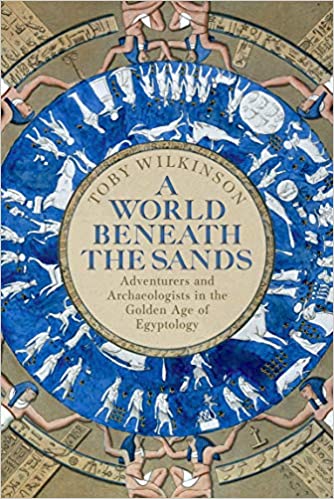
To order the book, please follow the link here.
Dr Toby Wilkinson joined the International Strategy Office in July 2011, working with the Pro Vice Chancellor (Jennifer Barnes) to support the schools, faculties and departments in their international engagements, and to develop the University's international strategy, particularly with regard to research collaborations and relationships with the EU, US, India and China. Prior to this, Dr Wilkinson was the Development Director at Clare College as well as Chairman of Cambridge Colleges Development Group.
As an acknowledged expert on ancient Egyptian civilisation and one of the leading Egyptologists of his generation, Toby Wilkinson has lectured around the world. He has excavated at the Egyptian sites of Buto and Memphis. He is a member of the editorial board of the Journal of Egyptian History and has broadcast on radio and television in the UK and abroad, including BBC’s Horizon and Channel 4’s Private Lives of the Pharaohs, and was the consultant for the BBC’s award-winning documentary on the building of the Great Pyramid.
Upon graduating from the University of Cambridge he received the University’s Thomas Mulvey Prize and was elected to the prestigious Lady Wallis Budge Junior Research Fellowship in Egyptology. He is a Fellow of Clare College, University of Cambridge and an Honorary Research Fellow in the Department of Archaeology at the University of Durham.

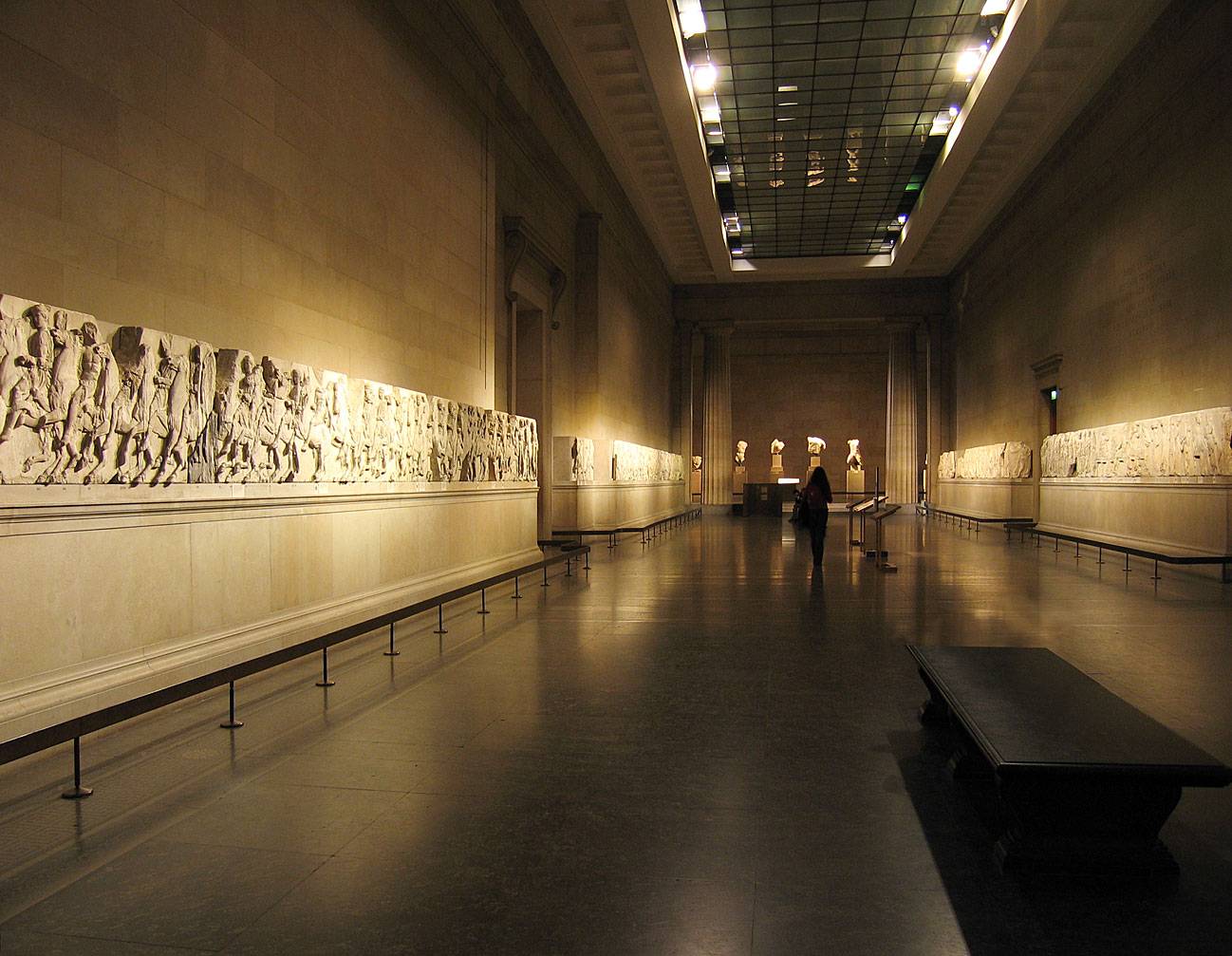
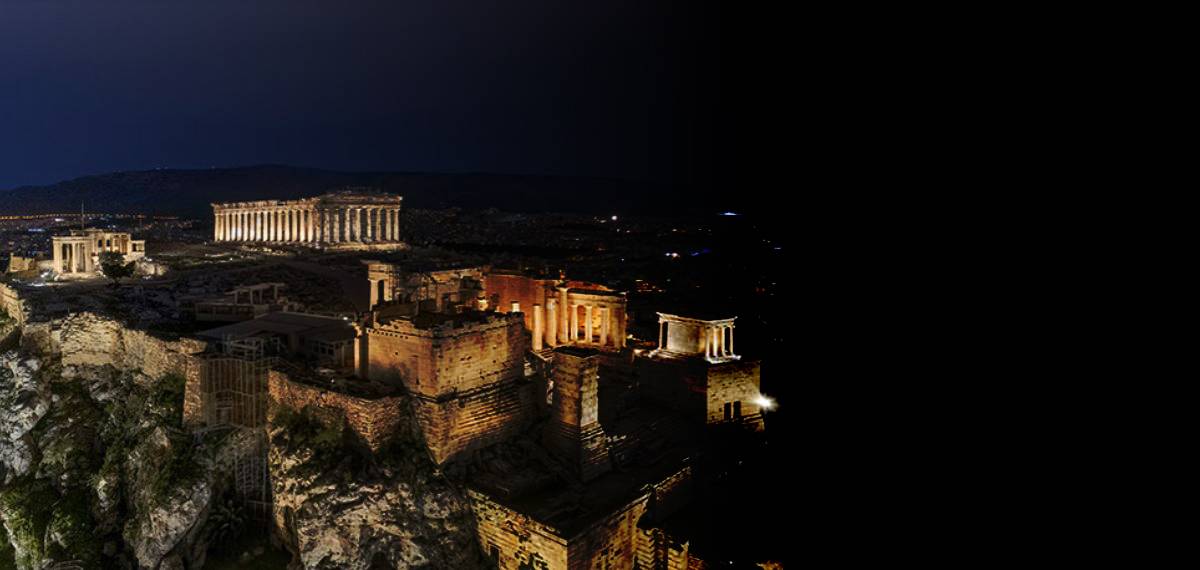
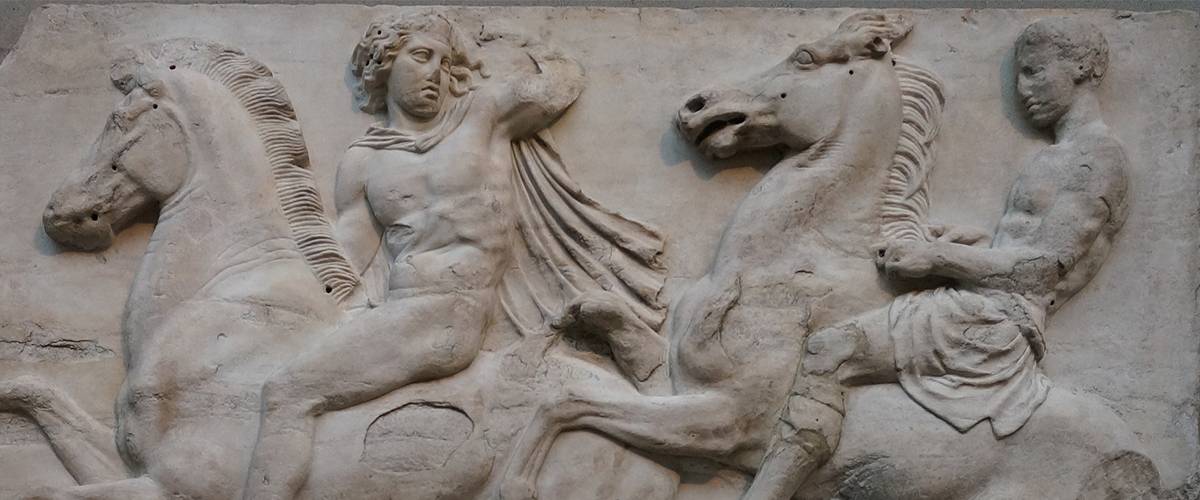
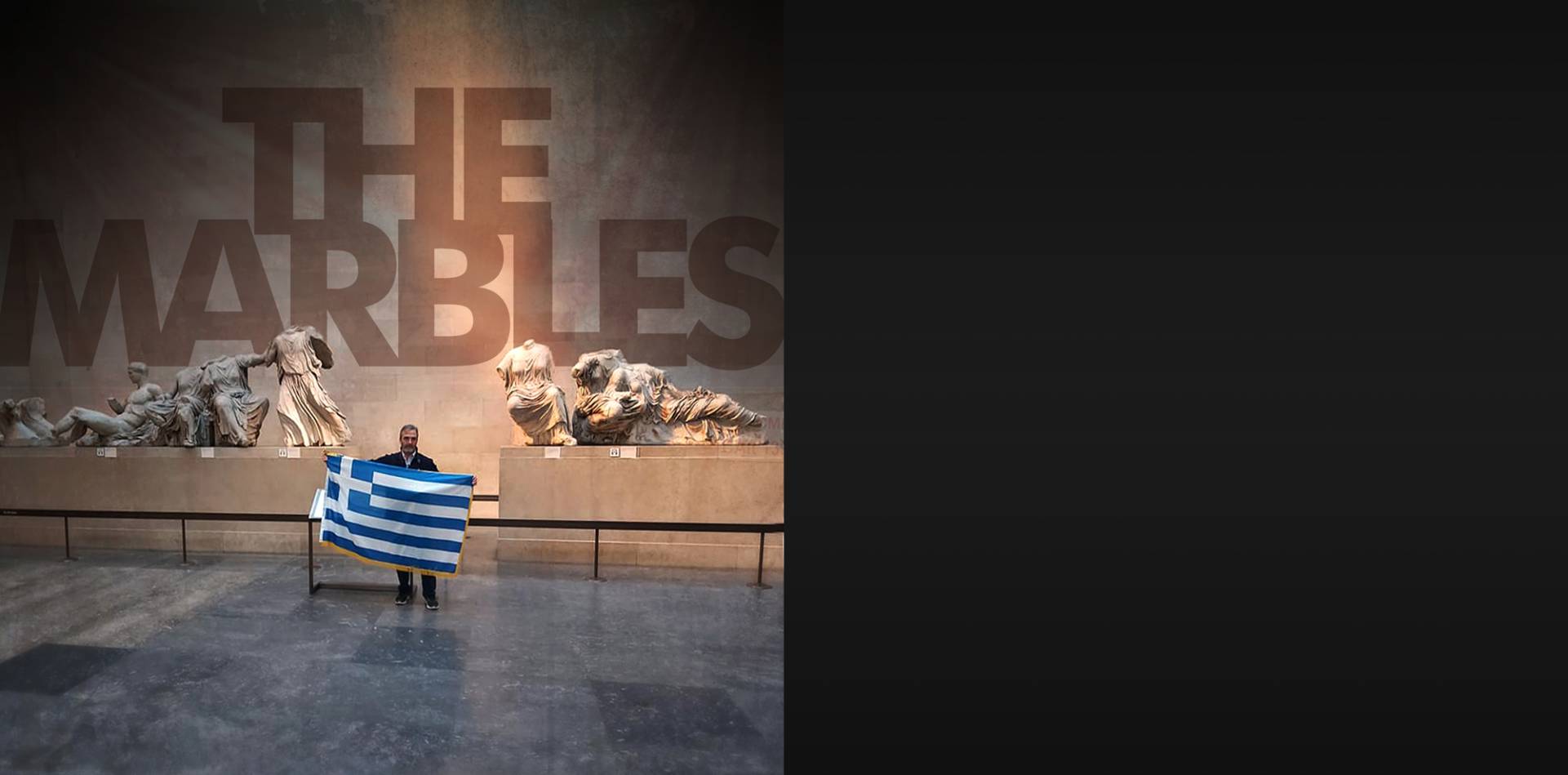
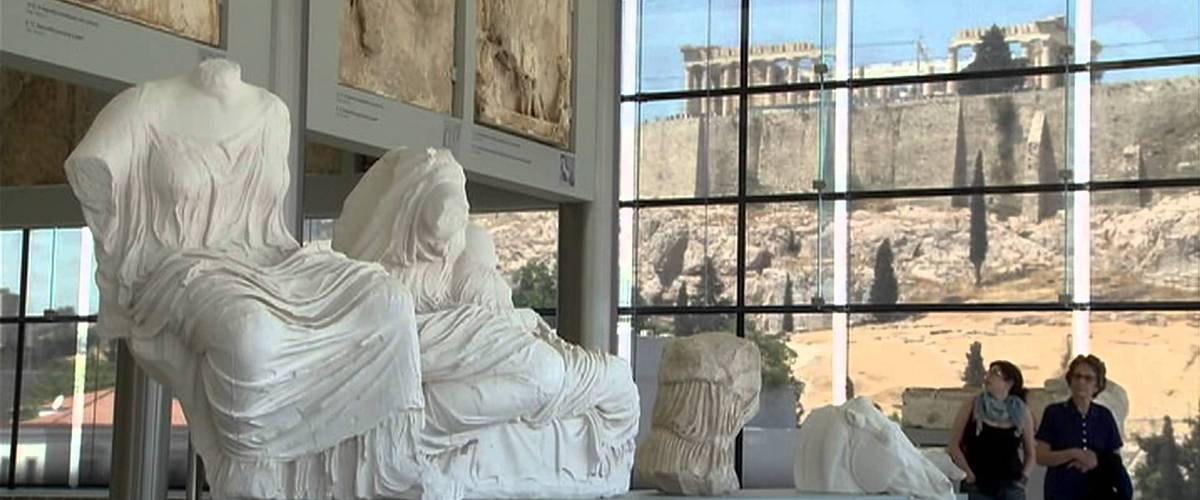
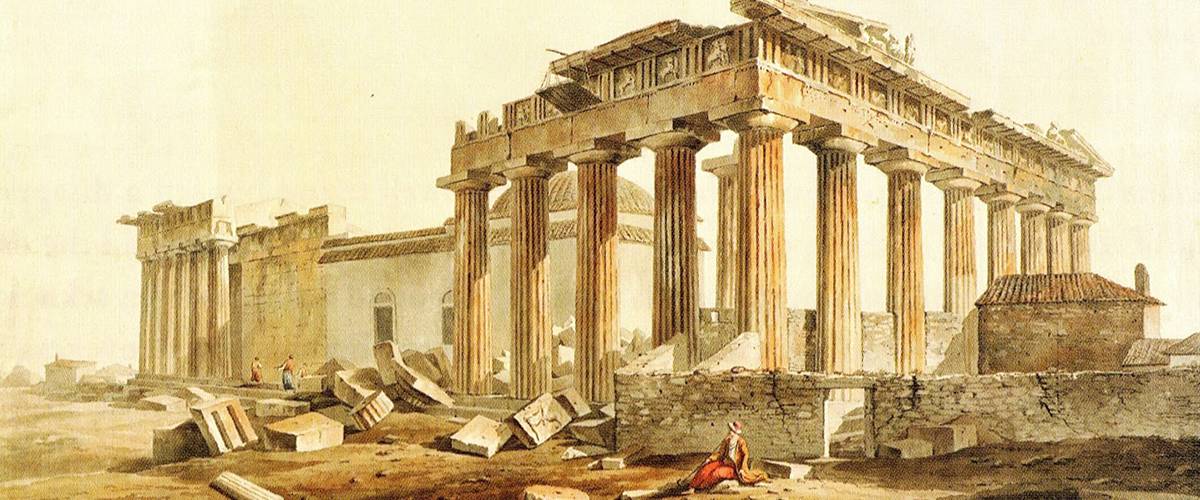

Comments powered by CComment